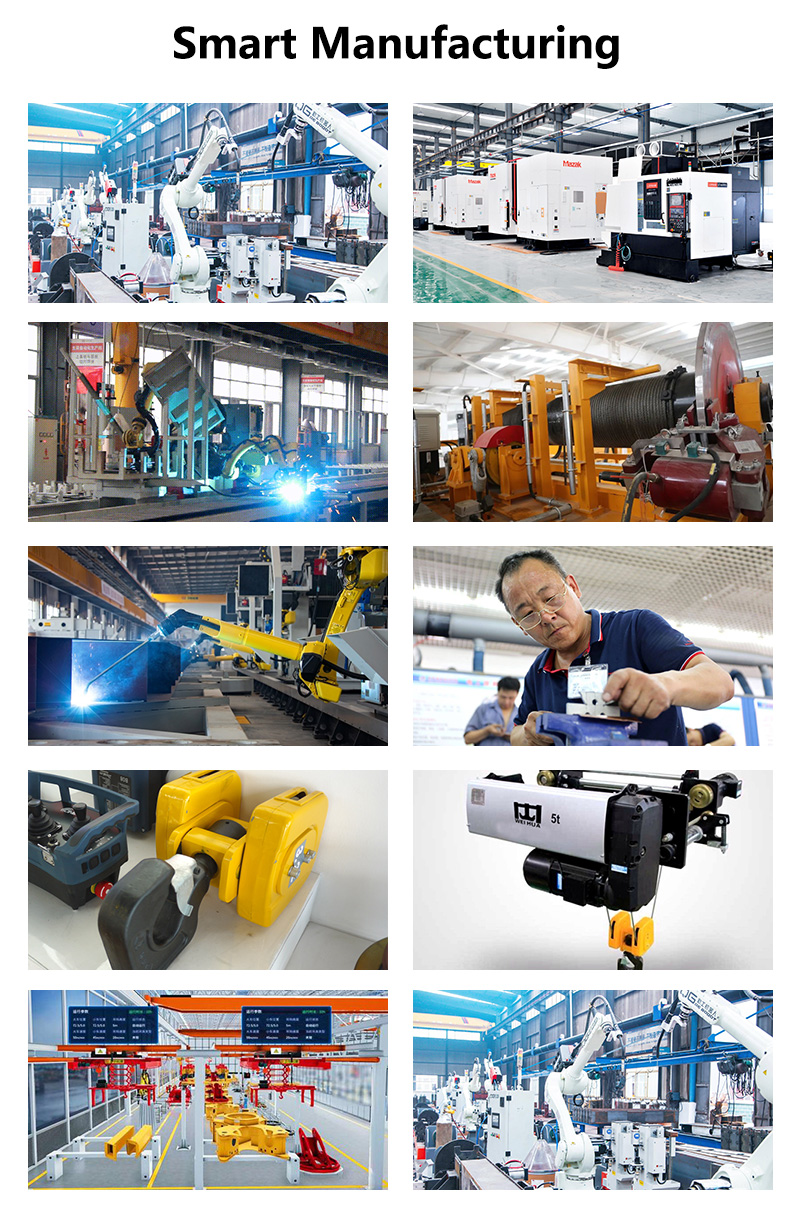Móc cần cẩu thường được rèn từ thép hợp kim carbon thấp hoặc thép hợp kim carbon cao. Việc lựa chọn vật liệu cụ thể phụ thuộc vào trọng tải nâng và yêu cầu của môi trường làm việc. Đối với vật nặng có trọng tải lớn, móc rèn thường được sử dụng vì chúng có khả năng chịu tải lớn hơn và hệ số an toàn cao hơn.
Quá trình chế tạo móc cẩu rèn bao gồm việc đặt phôi thép đã được nung nóng trước vào máy rèn và tác động hoặc ép đùn nó thành hình dạng sơ bộ của Móc cần cẩu. Trong quá trình rèn, nhiệt độ, Lực và tốc độ cần được kiểm soát chặt chẽ để đảm bảo độ bền và hình dáng của lưỡi câu. Ngoài ra, để loại bỏ căng thẳng lạnh, ứng suất nhiệt và ứng suất hàn, móc cũng phải được xử lý nhiệt thích hợp, chẳng hạn như ủ, trong quá trình sản xuất.

42Thép hợp kim CrMo
Đặc trưng: độ bền kéo cao (≥1000MPa), độ dẻo dai tuyệt vời, độ cứng đạt HRC 45-50 sau khi làm nguội + điều trị ủ.
Ứng dụng: Thích hợp cho móc tiêu chuẩn từ 5 tấn đến 50 tấn, được sử dụng rộng rãi trong xây dựng, cổng và các tình huống khác.
34Thép hợp kim CrNiMo6
Đặc trưng: Cường độ cực cao (độ bền kéo lên tới 1200MPa), khả năng chống mỏi vượt trội, thích hợp với điều kiện va đập tải nặng.
Ứng dụng: Móc nặng ở trên 20 tấn, chẳng hạn như lắp đặt thiết bị năng lượng gió và xử lý máy móc hạng nặng.
Aisi 4140 (Tiêu chuẩn Mỹ)
Đặc trưng: Độ cứng cao, Đang đeo điện trở, thường được sử dụng trong môi trường khắc nghiệt (chẳng hạn như nhiệt độ cao hoặc những nơi ăn mòn).
Ứng dụng: Nguyên liệu chủ đạo tại thị trường Châu Âu và Châu Mỹ, tuân thủ các tiêu chuẩn ASME B30.10.





Chúng tôi coi trọng phản hồi của bạn! Vui lòng hoàn thành biểu mẫu bên dưới để chúng tôi có thể điều chỉnh các dịch vụ của mình theo nhu cầu cụ thể của bạn.


Nhấp vào nút để nhận thông tin sản phẩm và báo giá trên WhatsApp.
Nhận báo giá
Nhận xét mới nhất